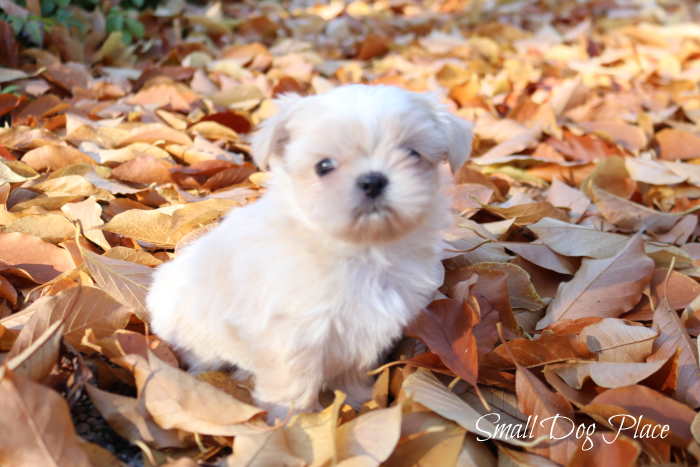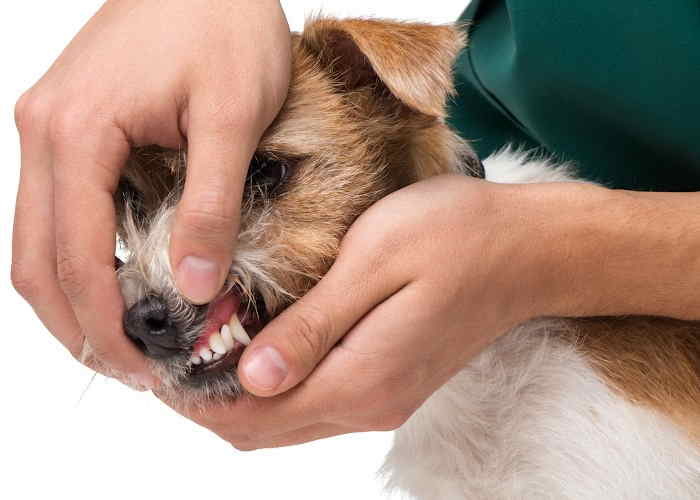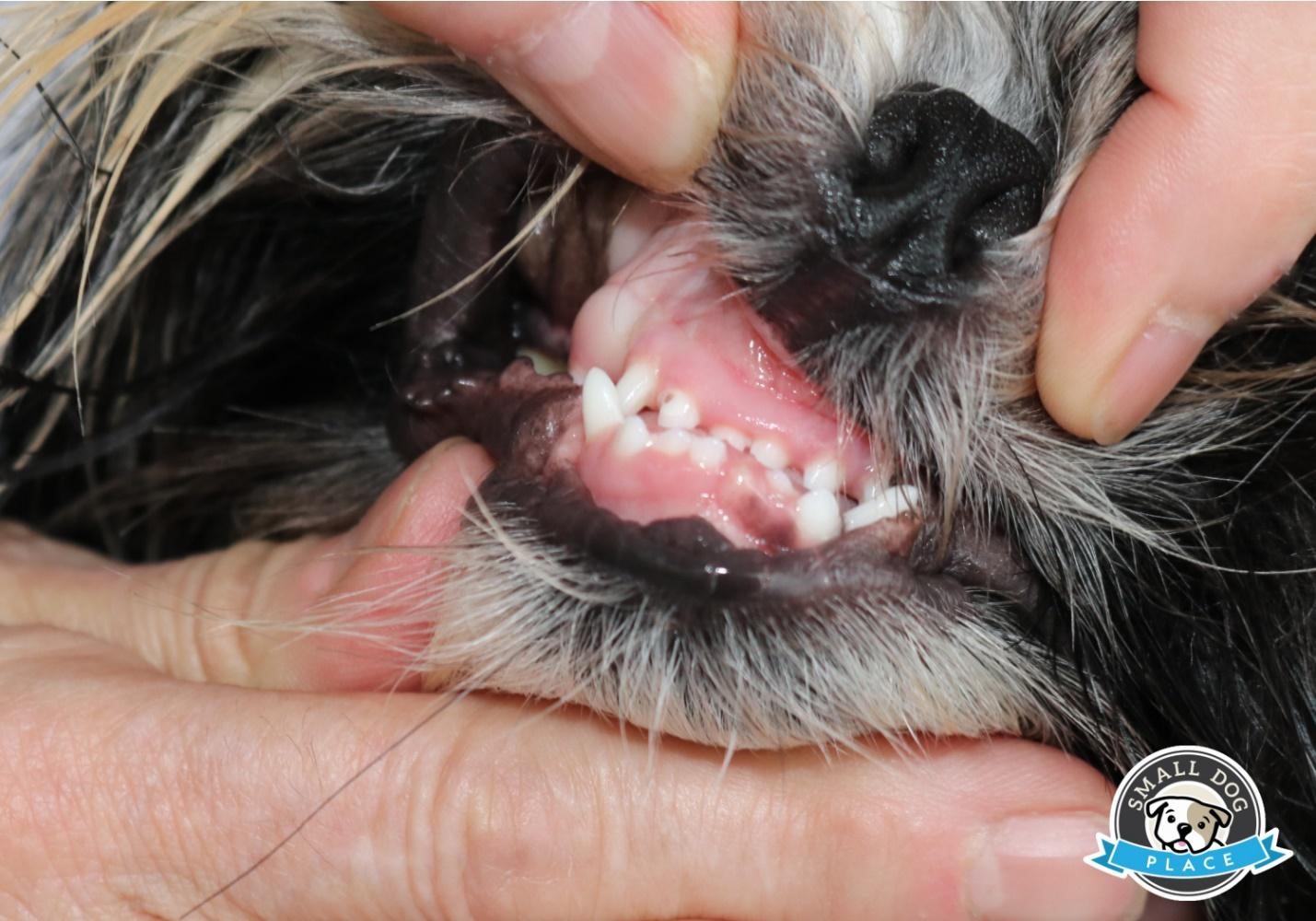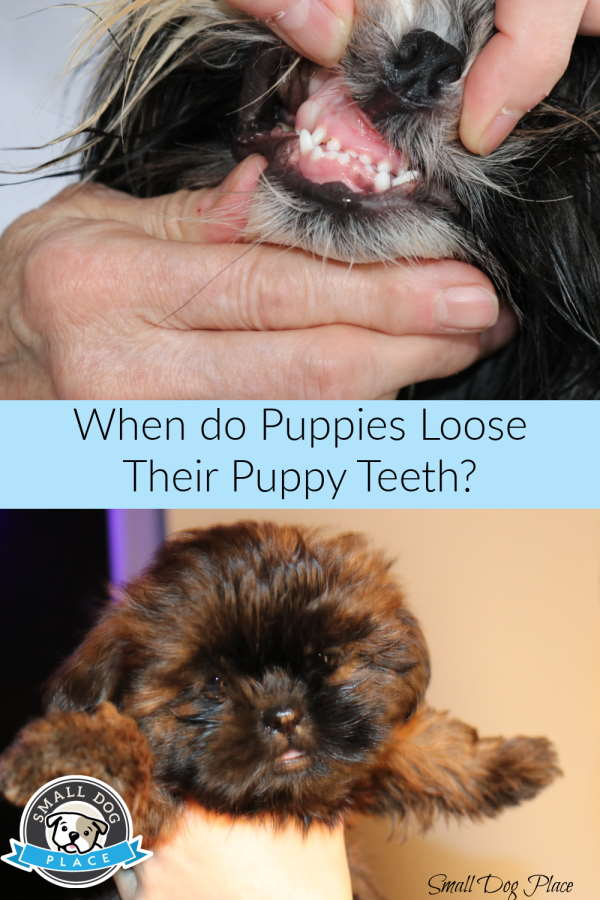When Do Puppies Lose Their Baby Teeth |Published 04-28-2022
Puppies owners’ most frequently asked question is when do puppies lose their baby teeth? People admire the new set of teeth; the older ones, once replaced by newer ones, usually bring happiness and joy to their owners, just like a human baby’s teeth.
Most puppies develop two sets of teeth during their first eight to the ninth month of life. That period is quite critical. It would be best if you kept an eye on them because at that time, they are learning most of the new habits like biting, chewing, and biting, so they can harm you and your furniture.
If you have got a new puppy and want to know when it will grow out of this teething phase, read it below. You will get to know everything you are curious about.
 When do Puppies Lose Their Puppy Teeth?
When do Puppies Lose Their Puppy Teeth?Teeth Development Phase
This period is different for different puppies; for most puppies, it starts by the age of five to six weeks, and for others, it doesn’t even begin until eight weeks of age, so it totally depends on different breeds.
A puppy can have 28 deciduous teeth, and most of them are sharp and very pointed. They can be pretty dangerous for you. They can harm you by biting your shoes, arms, fingers, and whole hand.
Eruption of Baby Teeth

A puppy’s teeth usually begin to erupt at around two weeks of age and are generally erupted by the age of eight to ten months.
Series of Eruption
For most of the breeds, the sequence is the same for an eruption, but there are little few variations among different breeds.
Firstly incisors erupt, then canine comes, then premolars and finally molars come out.
When do Puppies Lose Their Baby Teeth?
They usually lose their teeth more frequently than they take time for eruption, and usually, baby teeth fall out about one month after the eruption.
Series of Exfoliation
- Three months: the first teeth to lose are incisors, usually around the 3rd month of life.
- Four months: most of the teeth have been lost at this age, and the adult molars will start to erupt.
- Six months: puppies have nearly all of their teeth replaced at the age of six.
Tooth Behind a Tooth
Whenever the deciduous teeth are exfoliating or about to fall out of the mouth in many the puppies, there is a phenomenon of the double tooth that is a tooth behind a tooth that is usually a physiological response the newer teeth push the older teeth the phenomenon which is normally called resorption in which the roots of the tooth are diminished.
It is pushed out of the mouth so the newer one can get into its position properly, but sometimes the tooth is so stubborn that it doesn’t go out easily. You need to visit a vet to get that tooth extracted.
If it remains, dog hairs could get caught between the two teeth
Monitoring the Teething Phase

The phase during which your puppy sheds its teeth is the time you need to keep an eye on them. You can find them randomly in your home. It can even harm your puppy if they swallow it with their food.
Sometimes stubborn teeth can be seen coming out through their gums, as mentioned above. Then you have to visit a veterinarian to get it out so it can’t inhibit the growth of new growing teeth.
Most people try to pull the teeth out of the gums on their own, never do it by themselves because the tooth has specific anatomy. It has a crown visible in the mouth and long roots embedded in its gums, so if you try to pull the tooth out forcefully, it can break the roots inside and be very dangerous.
How to Take Care of a Dog’s Permanent Teeth
Maintenance of oral health is essential as it can be very useful in keeping them healthy and maintaining the shine of the teeth.
Owners should know how to take care of teeth properly and how to brush their teeth; they should learn it by watching videos or taking classes on oral hygiene. Many companies make tooth-cleaning dog toys through which they enjoy brushing and cleaning their teeth.
It is also very important that every dog gets their teeth professionally cleaned every year.
An alternative to brushing is a water additive or dental spray.

Signs of Puppy Teething
Many people ask this question very often: what are the signs? How we can find that the puppy is in its teething phase can be very tricky since the signs of teething are usually not different from normal behavior,
Following are the signs that will help you recognize the teething phase very easily.
1. Swollen gums
2. Loss of appetite
3. Drooling of saliva
4. Nipping
5. Chewing all the time to relieve pain
6. Making noise to show discomfort
7. Spots of blood after brushing
Final thoughts
In a nutshell, you should enjoy every moment with your puppy because they grow extremely fast; most people get concerned about the teething.
They think it is very painful, although it is, this is a part of the journey for your baby dog to become a healthy adult, so with lots of care, love, and attention, your puppy’s teething will be over soon before you say fetch
When Do Puppies Lose Their Baby Teeth?
Pin for Future Reference

Does This Article Deserve Your Thumbs Up?
We always appreciate your support and encouragement. Your thumbs up means so much to us. Please like this article.
If you find this page or any page on Small Dog Place Helpful, or Useful in anyway, I’d love it if you would click the small heart found on the bottom right of each page.
You can also share or bookmark this page — just click on the:

Free Monthly Newsletter
Sign Up for Our Free Newsletter and get our Free Gift to You.
my E-book, The Top 10 Mistakes People Make When Choosing a Dog (and how to avoid them)


